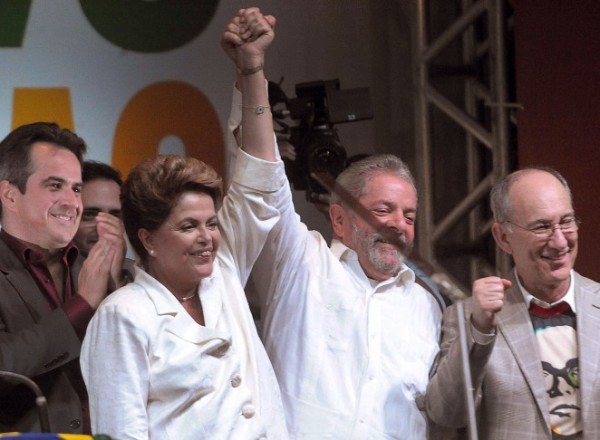Dilma Rousseff was re-elected as President in the most fiercely fought contest in Brazilian history. The President-elect who managed to unite the support of social movements, parties of the left, ex-militants, academics and celebrities, is the first woman to be elected to office until 2018.
The election has divided the country and although there was little difference between the candidates there was a clear gap between the richest states that supported the defeated candidate and the votes of the poorest, concentrated in the candidate of the Workers Party.
The campaign was marked by a strong manipulation of the Media which turned out to be nothing more than “paid advertising” for the defeated candidate. Even the legal system was influencing the electoral process.
None of the candidates have proposed any change to the capitalist system which will guarantee big profits for the banks and big business. Nevertheless, Dilma’s government has strengthened the role of the State in the promotion of different social programmes to reduce poverty and to protect people against it, above all by maintaining low unemployment. But she will have to go further in this second term.
The wave of social protests in June last year didn’t produce any new way of participating in politics (due to the short time and the very strong repression). However, we consider that there is a profound intention in the new generations who are struggling for more rights, more opportunities and a more effective participation in the direction of society. It’s also worth noting that even with a mandatory voting system, almost 30% of the electorate chose not to play the game (not marking their paper, spoiling it or abstaining).
The new government will have a double challenge. On the one hand there will be a more balanced Congress with more conservative characteristics, on the other, it will have to respond to the profound changes that the new generations have only just started to express: changes in a direction that we call humanist, that puts human beings and their needs and aspirations above the money market, including the old established powers. The pressure from the street is the only force that can produce a shift by the government towards a new stage.










